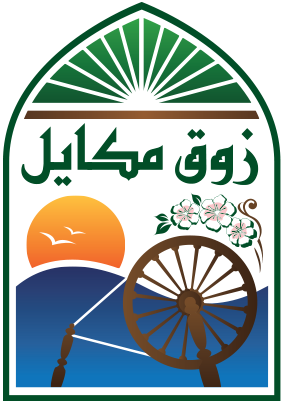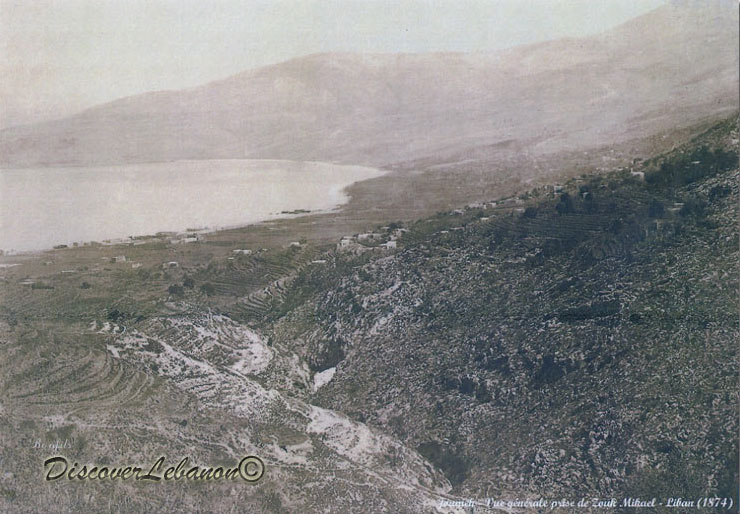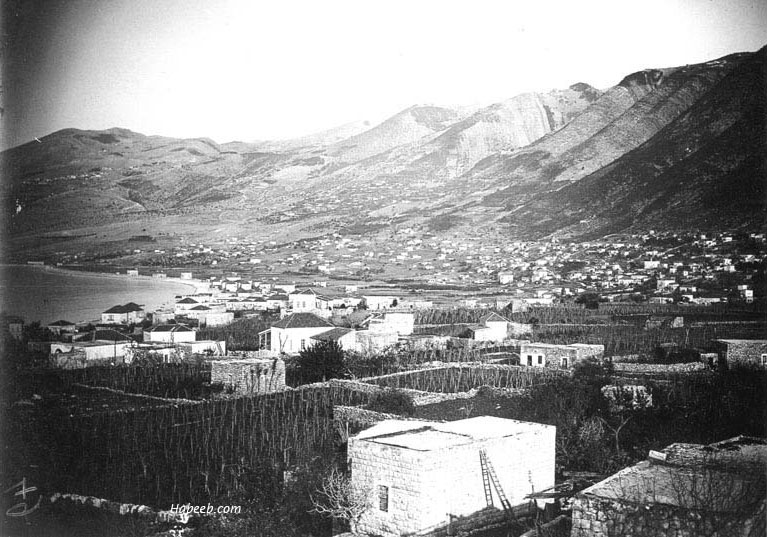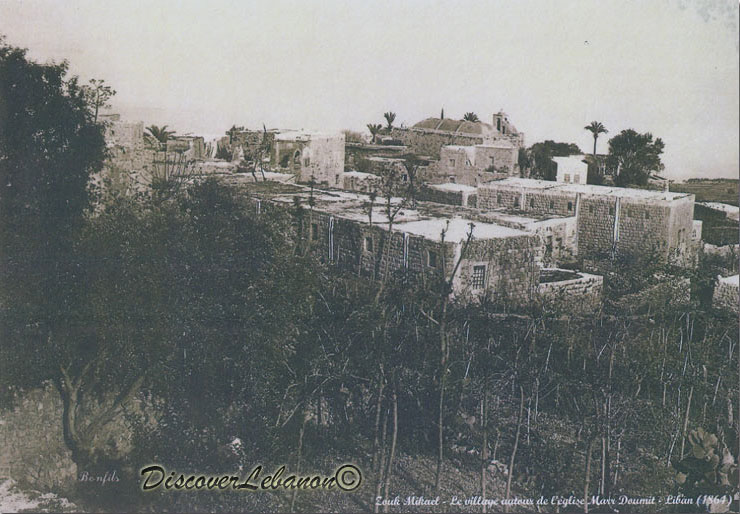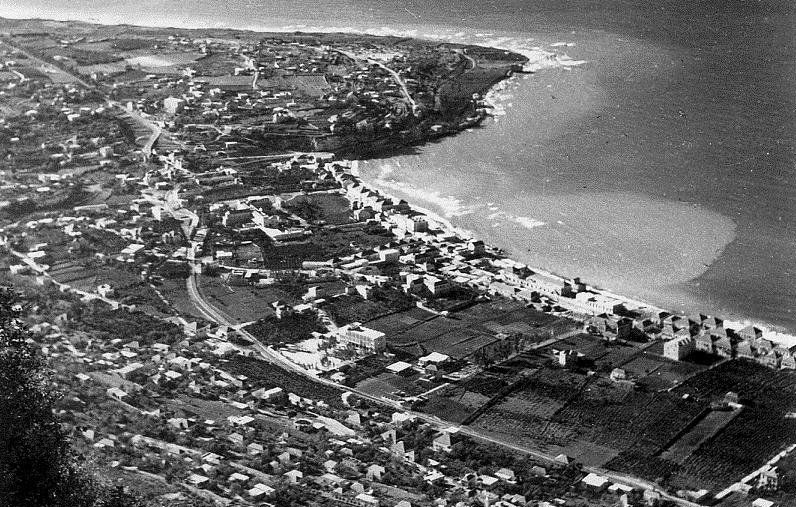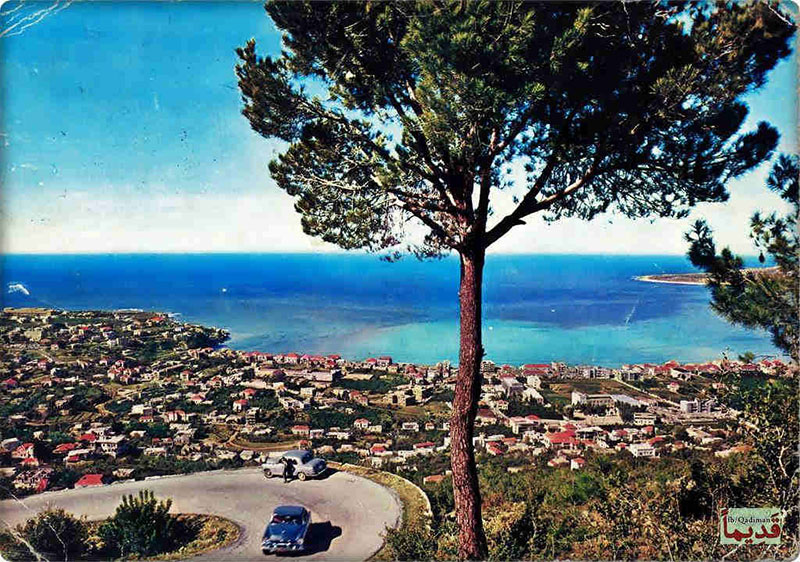On May 16th, 2016, the list “Nabad el Zouk” led by Elias El-Beaino, won the municipal elections. From then on, the city council strived hard to preserve the well-being of the citizens.
In terms of infrastructure, a team of geologists assisted the municipality’s engineering department in drilling five artesian wells to meet the household and agricultural needs of citizens. On the other hand, the lighting system of the main streets was modernized, following the construction of new roads and various infrastructural restorations.
As for the culture, the municipal council inaugurated three museums: the museum of the poet Elias Abou Chabke, the museum of the lawyer Antoun Kazan, as well as the museum of Nawl, after they were named National Museums in April 2019. The municipal council intensified as well the artistic, social, linguistic and cultural activities within the Youth and Culture Center (MJC), by hosting as exhibitions, conferences, seminars, language, music and painting courses…
A pioneer in the administrative field, the municipal council led by El-Beaino adopted the E-Municipality to facilitate all kinds of transactions with absolute transparency.
In the sports sector, the Nouhad Naufal stadium, SNN, was rehabilitated in 2017 in accordance with the international standards required by FIBA, which allowed it to host the Asian Basketball Cup in 2017, as well as the qualifications for the World Cup of 2019.
Also, an acoustics treatment was organized in the covered stadium in 2018, to later transform it into the biggest Opera House in Lebanon, inaugurated on April 27th, 2019 during a concert celebrated by the NDU choir accompanied by the Lebanese Philharmonic Orchestra.
On the other hand, in order to strengthen social relations between Zoukis who rarely gather anymore to reminisce on the good old days, President El-Beaino dedicated the first Saturday of September as an annual date to celebrate the feast of Zouk Mikael in an atmosphere of fraternity and conviviality.
